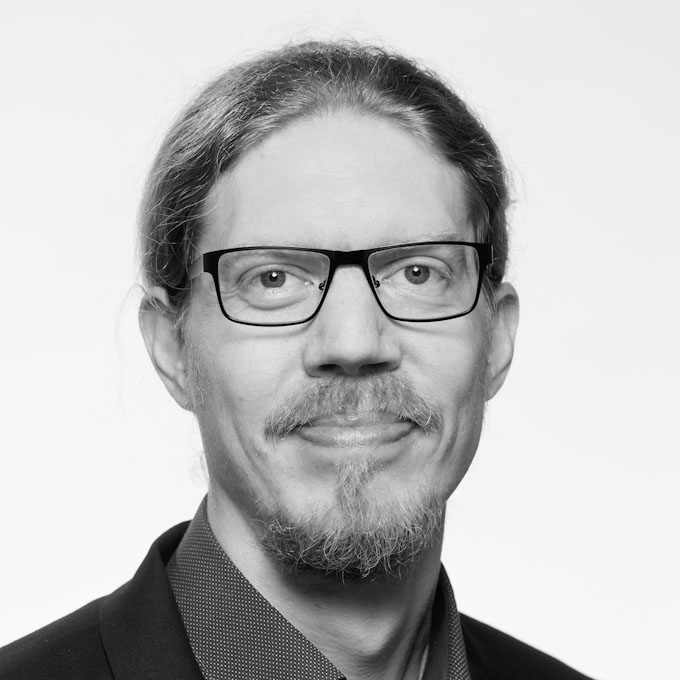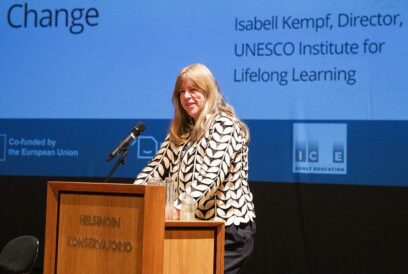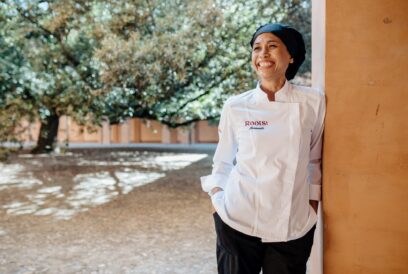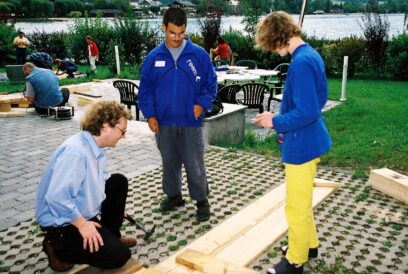
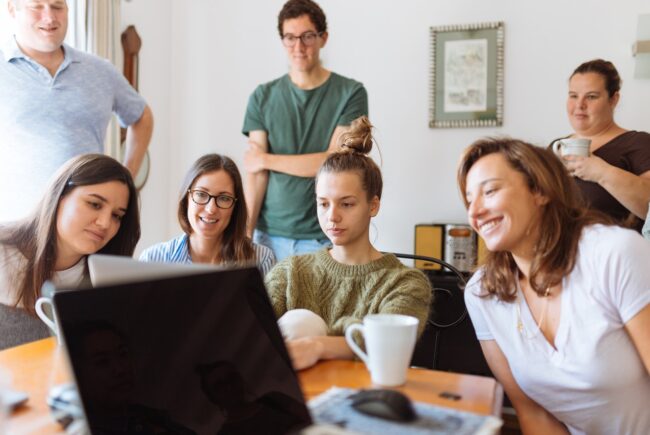
The inherent adaptability of OER can support equitable participation in adult education.
The inherent adaptability of OER can support equitable participation in adult education.
What are OERs and why should an adult educator care about them? Jan Koschorreck, a research assistant working with the German OER Information Hub, answers three questions.
Openness is a concept that has been gaining influence in a number of domains, namely, governance, academia, and IT. As a philosophy, it embraces transparency, collaboration, cooperation and the free access and sharing of information in decentralized networks.
Since education has always been an act of sharing, openness in education is a natural fit. Here’s what you should know about Open Educational Resources (OER).
Open Educational Resources (OER)
- can be any type of educational materials,
- digital or otherwise, that
- have been put in the public domain or have been openly licenced and thus,
- can be legally and freely copied, used, adapted and re-shared by anyone.
1. How can adult education benefit from using OER?
According to the UNESCO, widespread usage of OER is a significant factor in reaching its Sustainable Development Goal #4 (SDG4), namely ensuring inclusive and equitable quality education and promoting lifelong learning opportunities for all.
OER can facilitate creation, adaption and sharing of learning materials between all stakeholders in adult education, resulting in innovations in teaching and learning, improved adaptability to different needs of different learners and a lower per-learner cost.
For example, online courses under an open license can be copied by different educational providers, free of charge. They can then be modified in structure and content by the supervising tutor to the special requirements of another target audience, without the need to obtain explicit permission from the original creator. This inherent adaptability of OER can support equitable participation in adult education.
2. Why should I care about OER?
National and international copyright laws can be very restricting for adult educators who want to (collaboratively) create teaching materials and share them with colleagues and learners, digitally or otherwise. Most European countries do not have a fair use doctrine. This means any copies or modifications of copyrighted material is legally prohibited by default.
OER offer a legally sound complement to existing copyrighted materials and a simple opportunity to share not only materials, but also experiences and methods that accompany them. By applying open licenses to their works, creators can grant permissions, like the ones mentioned in the example above, to users by default.
Since creators are usually credited for all the using, adapting and re-sharing of their creations, sharing can add to the professional renown of the provider.
Last but not least, OER are a great source of ideas and concepts for your own work in education, with the vast majority being provided free of charge.
Naturally, to fulfil its promise and improve availability and sustainability of materials, the OER movement needs educators who not only benefit from, but also contribute to the shared pool of resources.
3. Where can I find OER or publish my own OER?
There is no central European repository for OER. OER policy among the EU’s member states is quite heterogenous, as are national efforts to build OER infrastructure.
A good way to find OER and make your own creations public is the OER World Map, a publicly funded non-profit project hosted in Germany. Individuals and organizations can create an account free of charge and reference their OER activities and creations in their profile.
For the purpose of hosting your own creations of digital OER, there is multitude of possibilities, ranging from nationally funded repositories, your own website, the website of the company or institution you are working for, to commercial file hosting providers or social platforms like SlideShare. Choose your method of publishing according to your own needs and criteria.
For more in-depth information on Open Educational Resources, I strongly recommend consulting this basic guide published by UNESCO in 2015.
The most commonly used open licenses in OER are provided by Creative Commons, a non-profit organization. Creative Commons have also provided a handy overview as well as useful information on license application on the Creative Commons website.
References:
UNESCO (2015). Incheon Declaration Education 2030. UNESCO: Incheon, Korea
Author
